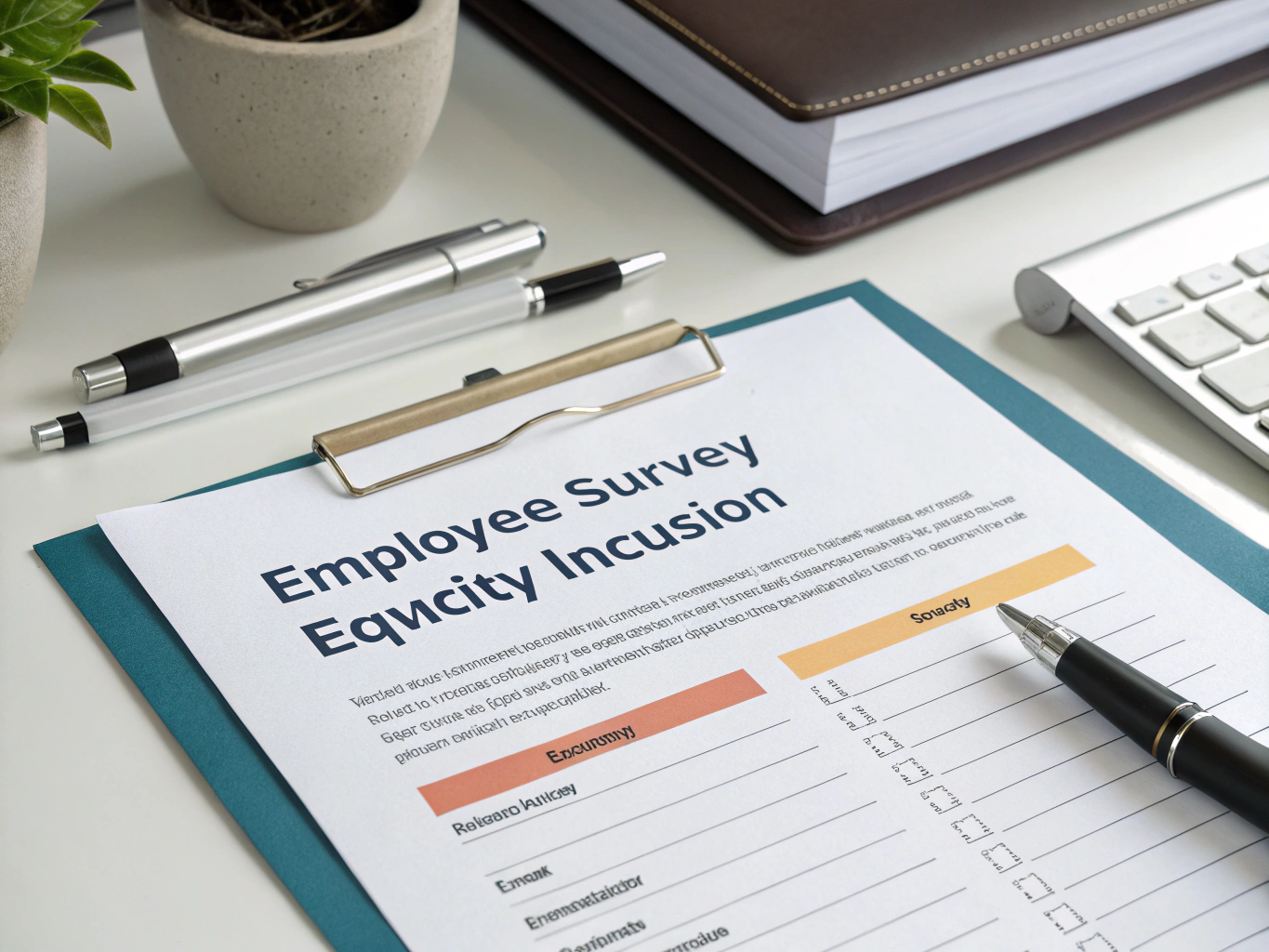What is a Checklist Fair Credit Reporting Act FCRA Compliance?
The Checklist for Fair Credit Reporting Act (FCRA) Compliance is a practical tool designed for HR professionals to ensure that all background checks and consumer reports related to employment are conducted in accordance with federal regulations. This checklist serves as a guide throughout the recruitment process, helping you protect applicants’ privacy and maintain your organization’s integrity. It’s essential when you’re screening candidates to ensure that you’re not only compliant with the law but also respecting the rights of those applying for positions within your company.
Template
Below is a template you can customize for your organization’s needs:
Fair Credit Reporting Act (FCRA) Compliance Checklist
I. General Recruitment Compliance
- Understand FCRA Obligations
- Utilize Consumer Reporting Agencies (CRAs)
II. Pre-Employment Screening
- Provide Disclosure to Job Applicants
- Obtain Written Consent
- Certify to CRA
III. Pre-Adverse Action Process
- Send Pre-Adverse Action Notice
- Observe Required Waiting Period
IV. Adverse Action Process
- Issue Final Adverse Action Notice
V. Handling Consumer Reports
- Ensure Accuracy and Integrity of Information
- Maintain Data Security and Confidentiality
- Implement Retention and Disposal of Consumer Reports Policies
VI. Dispute Resolution Process
- Address Applicant Disputes
- Communicate with CRAs
VII. Recordkeeping and Audits
- Document All Steps
- Conduct Periodic Compliance Audits
VIII. Penalties and Remedies
- Understand FCRA Penalties
- Take Corrective Actions
Prepared by: ____________________
Date: ____________________
Purpose and Benefits
The primary purpose of using the FCRA Compliance Checklist is to ensure that your organization is adhering to the regulations set forth under the Fair Credit Reporting Act, thereby safeguarding applicants’ rights during the hiring process. By following this checklist, you can avoid legal pitfalls, enhance transparency in your recruitment practices, and build trust with potential employees.
- Protects Applicant Rights: Ensures candidates’ privacy is respected, and their rights are upheld throughout the hiring process.
- Enhances Organizational Reputation: Demonstrates your commitment to ethical hiring practices, which can attract high-quality candidates.
- Mitigates Legal Risks: Helps avoid costly penalties and legal actions associated with FCRA non-compliance.
- Streamlines Hiring Processes: Provides a clear framework for conducting background checks efficiently and effectively.
Essential Components
This compliance checklist should include the following essential components to ensure thorough adherence to the FCRA:
- Disclosure to Applicants: Clearly inform candidates about the background check process and their rights.
- Written Consent: Obtain explicit written permission from candidates before conducting any checks.
- Pre-Adverse Action Notice: Notify candidates if you plan to take adverse action based on their background check.
- Final Adverse Action Notice: Provide a final notice if an adverse action is taken, including a copy of the report.
- Data Security Measures: Implement policies to protect sensitive information from unauthorized access.
How to Use This Form
To effectively implement and utilize the FCRA Compliance Checklist, follow these practical steps:
- Customize the Template: Adjust the template according to your organization’s specific needs and policies.
- Train HR Staff: Ensure that all HR personnel involved in the recruitment process are trained on FCRA requirements and the checklist.
- Keep Records: Maintain documentation of all steps taken during the background check process for future reference.
- Regularly Review and Update: Periodically assess the checklist and update it to reflect any changes in FCRA regulations.
Legal and Compliance Considerations
Compliance with the FCRA is not optional; it is a legal requirement for organizations that utilize consumer reports for employment decisions. Understanding the intricacies of the law is essential, as non-compliance can lead to significant penalties, including fines and potential lawsuits. Always consult with legal counsel to ensure that your policies and practices align with current legal standards and best practices.
Best Practices
To maximize the effectiveness of your FCRA Compliance Checklist, consider the following best practices:
- Regular Training: Conduct ongoing training sessions for HR staff to keep them informed about the latest FCRA requirements and best practices.
- Engage Compliance Experts: Consult with legal or compliance specialists to review your policies and ensure they are FCRA compliant.
- Implement Strong Data Security: Use encryption and access controls to protect sensitive information collected during background checks.
- Establish a Dispute Resolution Process: Create a clear process for handling disputes raised by applicants regarding their consumer reports.




